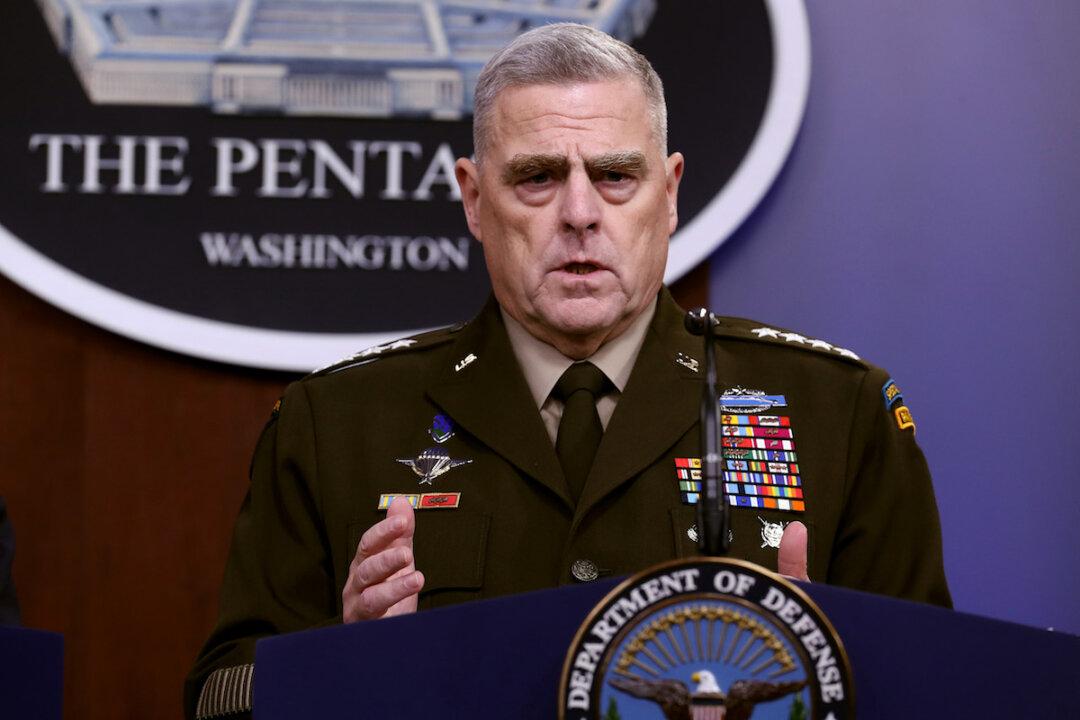Mark A. Milley, U.S. Army general and chairman of the Joint Chiefs of Staff, said that the operation of U.S. Africa Command, also known as U.S. Africom, is under review as part of the National Defense Strategy, but denied that U.S. forces would pull out of Africa.
The review of U.S. Africa Command is part of an appraisal of various combatant commands directed by Defense Secretary Mark T. Esper.





